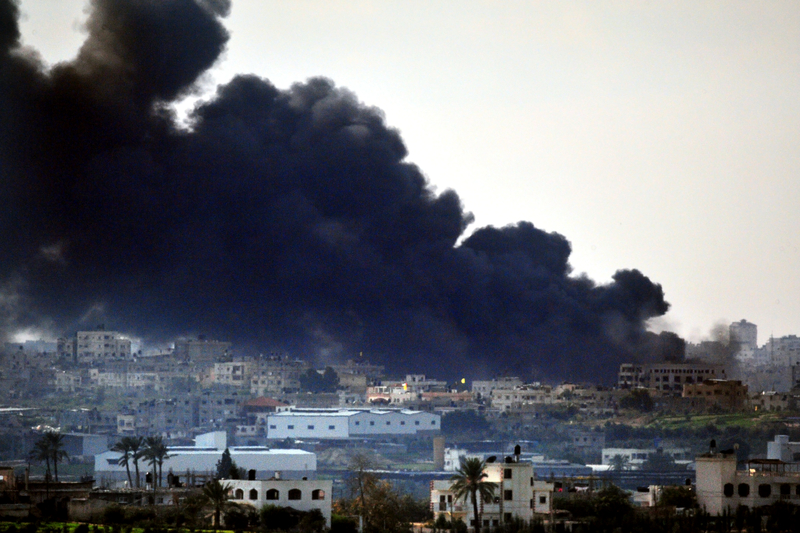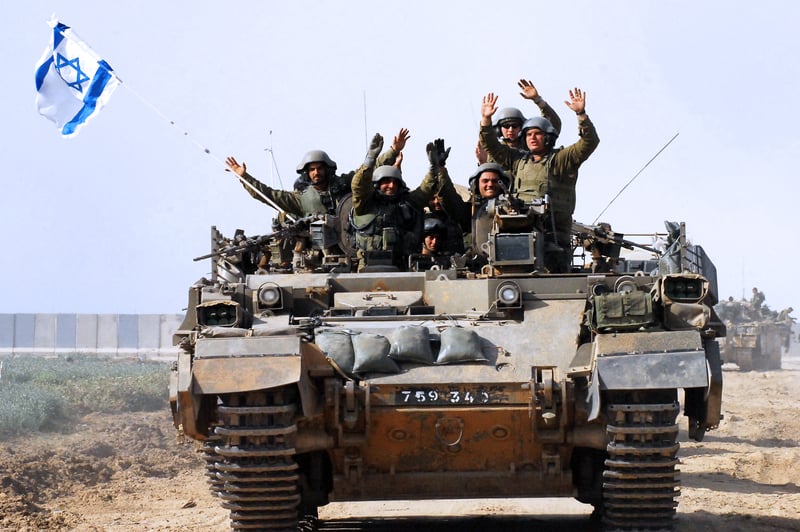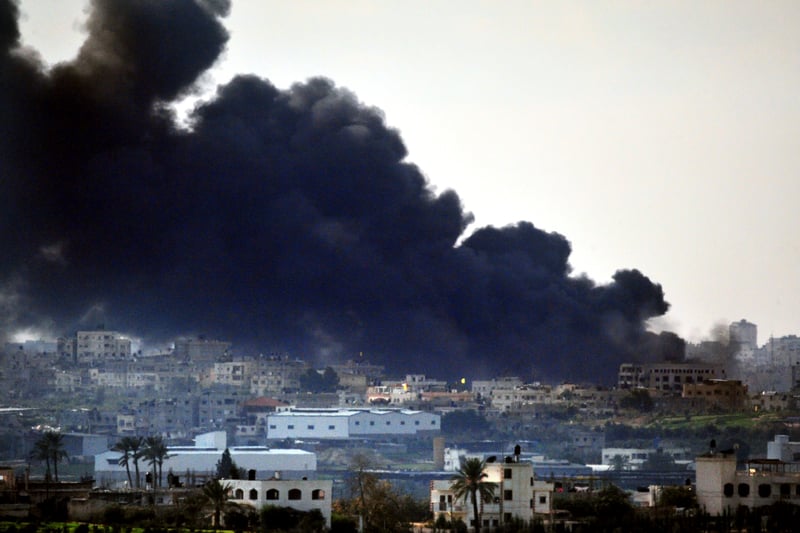
On October 7, 2023, Israel experienced its darkest day in recent history. Hamas, the militant group controlling Gaza, launched an unprecedented attack, killing over 1,200 people and taking around 250 hostages, many of whom remain captive. The brutality of that day—described as the deadliest for Jews since the Holocaust—shocked the world and ignited a conflict that continues to ripple across the Middle East. As we commemorate one year since that horrific event, we look back at Israel’s relentless battle to defend itself and eradicate terrorism.
October 7, 2023: The Nightmare Unfolds

Early on that fateful morning, air raid sirens pierced the quiet of southern and central Israel. In what Hamas dubbed “Operation Al-Aqsa Flood,” militants launched a barrage of rockets, overwhelming Israel’s Iron Dome defense system. Ground incursions followed, with terrorists infiltrating Israeli communities, slaughtering civilians, and taking hostages—actions that reverberated across the world.
The international community condemned the attack. But as Israel mourned, the country quickly mobilized its defense forces, determined to dismantle Hamas and restore security. Gaza became the focal point of Israel’s military response, leading to a brutal and protracted war.
Gaza: A Devastating War

Following the October 7 attack, Israel unleashed a relentless military campaign against Hamas in Gaza. The objective was clear: to eliminate the terror infrastructure that posed an existential threat to the country. Airstrikes, ground invasions, and targeted operations decimated large parts of Gaza’s militant network, though the human toll was staggering. By October 2024, over 41,000 Palestinians had perished in Gaza, according to local health officials.
Despite international calls for ceasefires, Israel has maintained that its fight against terrorism is necessary for its survival. The Israeli Defense Forces (IDF) focused on eliminating Hamas leaders, including high-ranking commanders, while also contending with Hezbollah, the Lebanese militant group aligned with Iran.
Lebanon: Hezbollah Joins the Fray

Soon after the October 7 attacks, Hezbollah began launching rockets from Lebanon into northern Israel, widening the scope of the conflict. Israel responded with targeted strikes on Hezbollah positions, but tensions escalated into a full-fledged battle by mid-2024. Israeli airstrikes in southern Lebanon displaced over a million people, while Hezbollah continued its attacks on Israeli towns and military installations.
The death toll in Lebanon exceeded 1,400 by the anniversary of the October 7 attacks, and Hezbollah’s leadership suffered significant losses. Israeli forces have been determined to prevent Hezbollah from becoming a more potent threat on their northern border, applying the same tactics they employed in Gaza: precision strikes aimed at dismantling militant infrastructure.
Iran: The Puppet Master

Throughout the past year, Iran has played a pivotal role in the conflict, funding and arming both Hamas and Hezbollah. Tehran’s support for these groups reflects its broader goal of weakening Israel and extending its influence in the region. Iran’s direct involvement became more apparent in mid-2024 when it launched nearly 200 missiles at Israel, marking a dangerous escalation. Though Israel intercepted most of the missiles, the attack underscored the growing threat from Iran, which could ignite a wider regional war.
The assassination of Hezbollah leader Hassan Nasrallah in 2024—a historic moment for Israel—marked a turning point in the conflict with Iran’s proxy forces. However, Tehran has shown no signs of backing down, with analysts warning that Israel’s continued military operations could provoke further retaliation from Iran and its allies.
Yemen: A New Front in the War

While Yemen has long been mired in civil war, the conflict between Israel and Hamas pulled the country into the regional fray. Iran-backed Houthi rebels in Yemen began launching long-range missiles at Israel in solidarity with Gaza. This opened a new front for Israel, forcing its military to spread thin while continuing its operations against Hamas and Hezbollah. The attacks from Yemen highlighted the complex web of alliances in the Middle East, where Iran’s influence stretches far beyond Gaza and Lebanon.
Israel’s Right to Defend Itself

As the conflict enters its second year, Israel’s right to defend itself remains at the heart of its military operations. After the horrors of October 7, Israel has been unequivocal: the eradication of Hamas and the dismantling of terror networks in the region is essential not only for the safety of its citizens but also for long-term regional stability. Prime Minister Benjamin Netanyahu has repeatedly stressed that Israel’s fight is not just against Hamas, but against all forces that seek to destroy the Jewish state.
This battle is about ensuring Israel’s future in a region where hostile actors have threatened its existence since its founding. Israel’s military strategy is grounded in the belief that peace cannot be achieved as long as terrorism festers in neighboring territories. Eradicating groups like Hamas and Hezbollah is crucial to preventing further attacks and securing the nation’s borders.
Looking Forward: The Road to Peace?
While Israel continues its military campaigns, the question of a long-term solution looms large. For many, the idea of a two-state solution—an independent Palestine alongside Israel—seems more distant than ever. Israel’s focus remains on dismantling terror networks, but the international community continues to push for diplomatic solutions.
However, Israeli leaders have made it clear: there can be no peace until Hamas and its allies are neutralized. Israel’s strategy in the coming years will likely involve continued military operations, while simultaneously seeking ways to secure long-term peace through international diplomacy and security guarantees.
A Year of Horror and Hope
As we mark the one-year anniversary of the October 7 attacks, the region remains on edge. Israel’s military continues to wage a war of survival against terrorism, while countries like Iran, Lebanon, and Yemen are drawn deeper into the conflict. The loss of life on both sides has been devastating, but for Israel, the right to self-defense is non-negotiable.
One year later, the resilience of the Israeli people stands as a testament to their determination to not only defend their homeland but also to strive for peace, however elusive it may seem. The future remains uncertain, but Israel’s fight against terrorism continues unabated, with the hope that one day, peace and security will prevail across the region.

